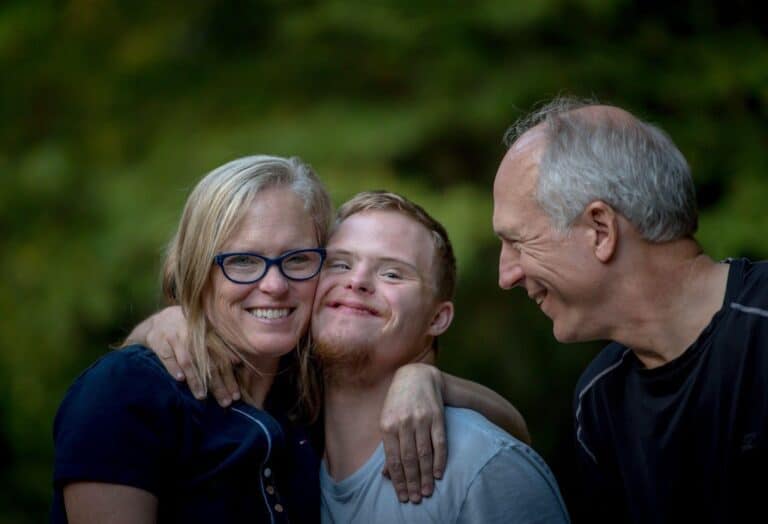Your Free Resource for Getting Approved for Disability Benefits and Keeping Them
Featured Articles

A Guide To Social Security Work Credits and Disability Eligibility
Understanding the eligibility requirements for Social Security Disability Insurance (SSDI) can be quite difficult for many applicants. One such requirement has to do with Social Security work credits. Many applicants

Understanding the SSDI Five-Month Waiting Period
The application process for Social Security Disability benefits is notoriously long. Apart from that, there is a mandatory five-month waiting period that may be pretty complex to understand for new

2025 Social Security COLA Increase
If you receive Social Security disability benefits, whether that’s Social Security Disability Insurance (SSDI) or Supplemental Security Income (SSI), a critical annual update is the Cost-of-Living Adjustment (COLA). This is

Step-by-Step Guide to Apply for Long-Term Disability
Navigating the complexities of applying for long-term disability benefits can often feel overwhelming. It involves understanding eligibility criteria, gathering the necessary documentation, and following specific procedures outlined by insurance providers

8 Possible Reasons Your Disability Benefits Were Cut Off
It may come as a surprise to some people when they suddenly find their Social Security Disability benefits cut off. There are many reasons why this may happen. Unfortunately, the


